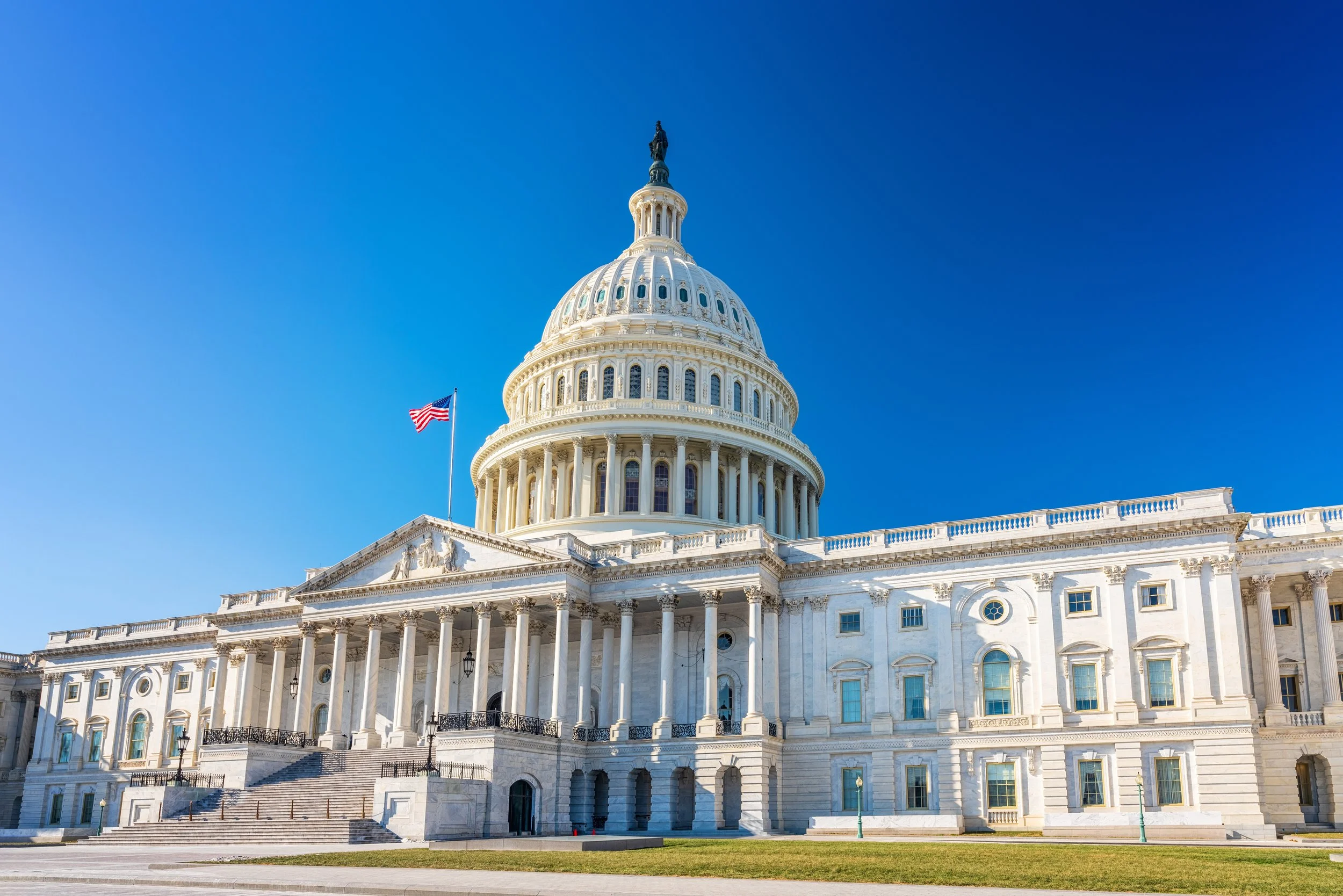Senate Confirms Director of Office of Government Ethics
The U.S. Senate confirmed David Huitema as Director of the U.S. Office of Government Ethics (OGE), with the confirmation coming at a critical time, as President-elect Trump begins to announce nominations and appointments, and the president-elect himself has a history of bringing conflicts of interest into the White House.
OGE plays a critical role in vetting such nominees and government officials for financial conflicts of interest and other concerns.
The confirmation was put through by Senate Democrats before Republicans take control of the Senate in the new Congress.
Huitema, whom President Biden nominated over a year ago and previously worked as an ethics official at the State Department, was confirmed by a party line vote of 50-46. With a five-year term, Huitema’s role will on paper last through the Trump Administration, although President Trump could fire Huitema if he wanted to.
OGE had been without a confirmed director for more than a year, after the term of Trump-appointee Emory Rounds expired. OGE Chief of Staff and program counsel Shelley Finlayson had been filling in as acting director.
OGE enforces ethics rules at more than 140 federal agencies, which are largely designed to prevent financial conflicts of interest. It also plays a key role in the presidential transition process and oversees presidential appointments and nominees.
Still, some are concerned that Huitema might not last long in his position. Former OGE head Walter Shaub, who led the office during the Obama Administration told GovExec he’s concerned about the president-elect’s ability to use recess appointments to get nominees confirmed.
“Even if Trump doesn't fire Huitema, OGE won't be able to prevent Trump's top appointees from retaining conflicting financial interests if the Senate grants Trump's request that lawmakers conspire in skirting or short-shrifting the constitutional confirmation process,” said Shaub.
President-elect Trump has also so far refused to sign ethics agreements with the Biden administration, a necessary step for presidential transitions. Without these agreements, Trump’s teams have been unable to deploy into agencies or receive briefings from career staff, raising questions about the transparency of his transition.


